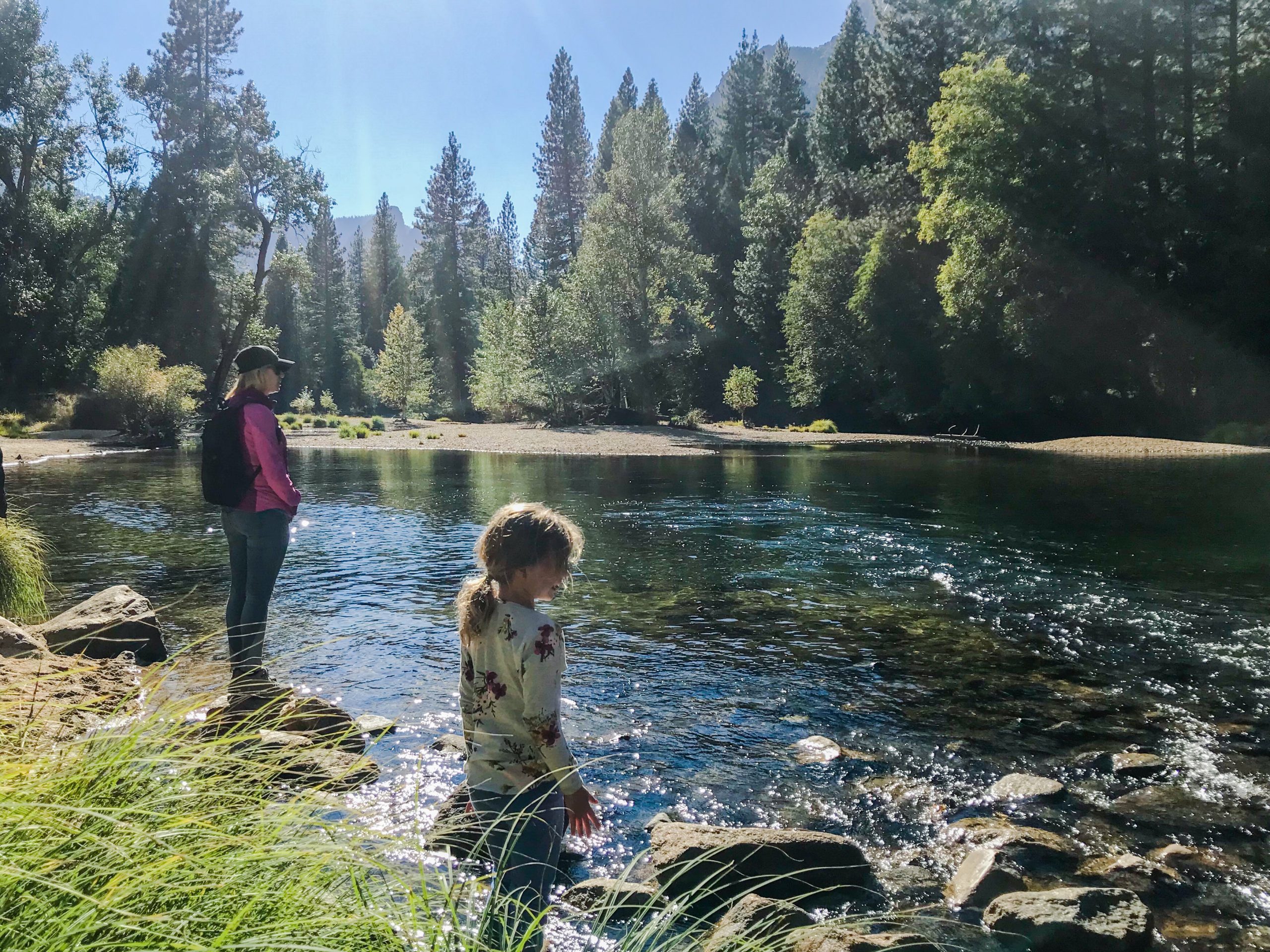By Sergio Lang, CEO and Founder of NSE Global
It’s a day we’ll never forget. The screaming, the laughter, the blood, the tears, the joy, and the pain. It’s the day our child is born. It is one of the most emotional and momentous days of our entire lives. When we bring a child into this world, it’s all we think about and it consumes us. All parents want what’s best for their children. We’d go to the ends of the earth for them…or so we think.
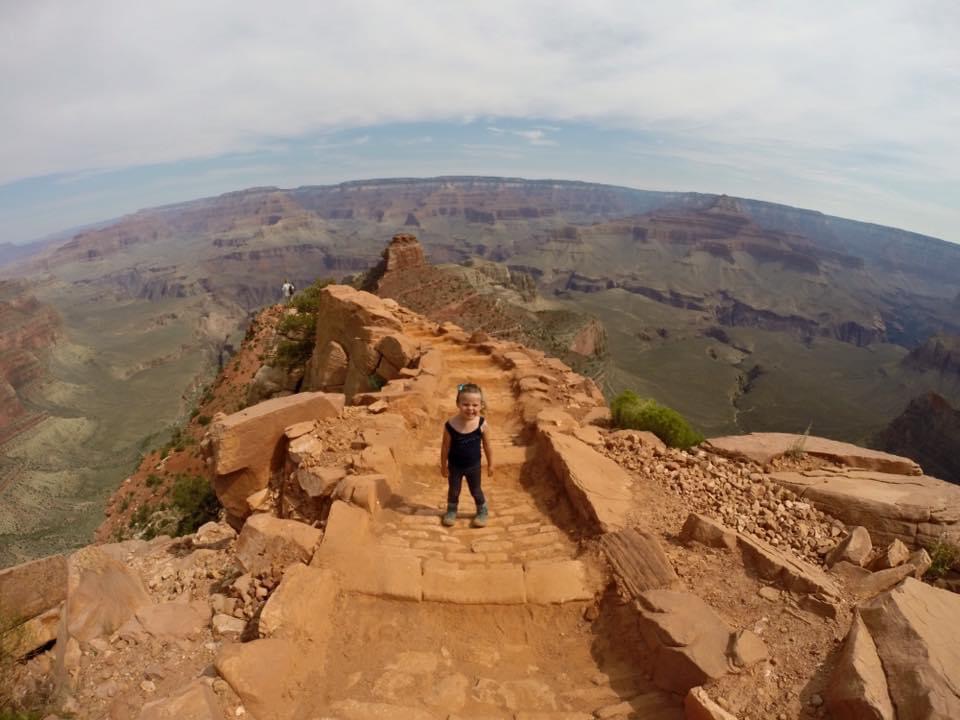
On June 5, 2020 I became a father for the second time and I began thinking about the world we’re bringing our new daughter, Florence, into. The turmoil that’s happening around the planet can be overwhelming and can make any sane person feel hopeless. What kind of world do I want my children growing up in and what can I do about it?
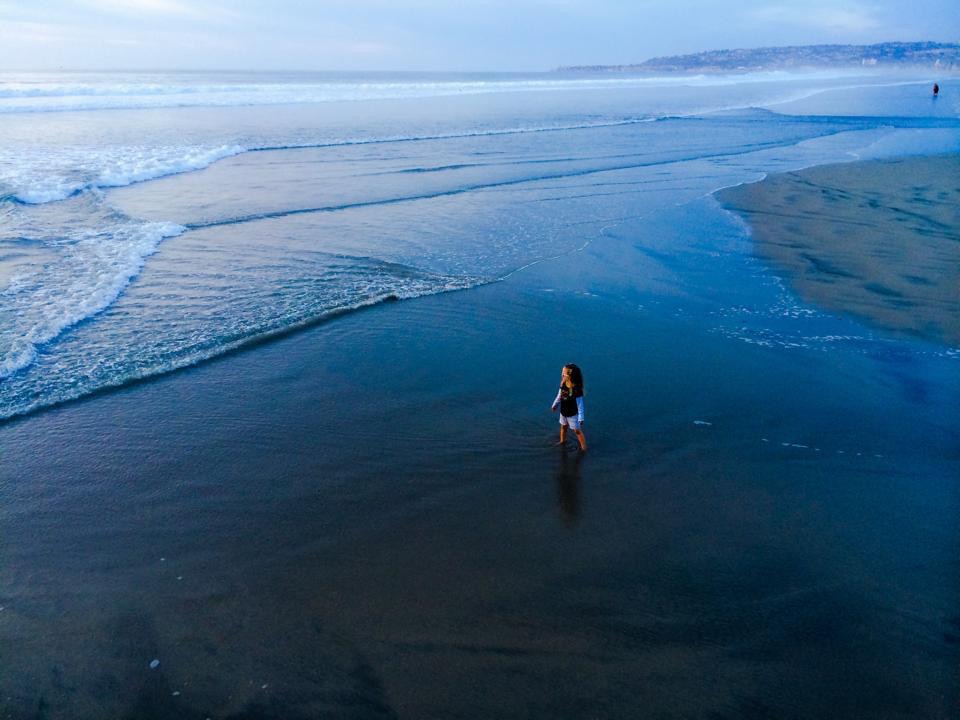
A study published in Population and Environment (2018) tested the legacy hypothesis, which suggests that having children will inspire parents to leave them better off in regards to environmental quality and conditions. Unfortunately, the results didn’t provide evidence to support the legacy hypothesis. The study authors argued that when becoming a parent, the concerns towards the child are prioritized on its immediate wellbeing and not the environmental threats of the future. The study also suggested that the parents’ sustainable actions may be limited by the psychological distance of climate change.

This begs the question, if new parents don’t change their behaviors towards environmentalism, and children’s behaviors emulate and are influenced by their parents, how will our planet’s sustainability efforts ever increase?
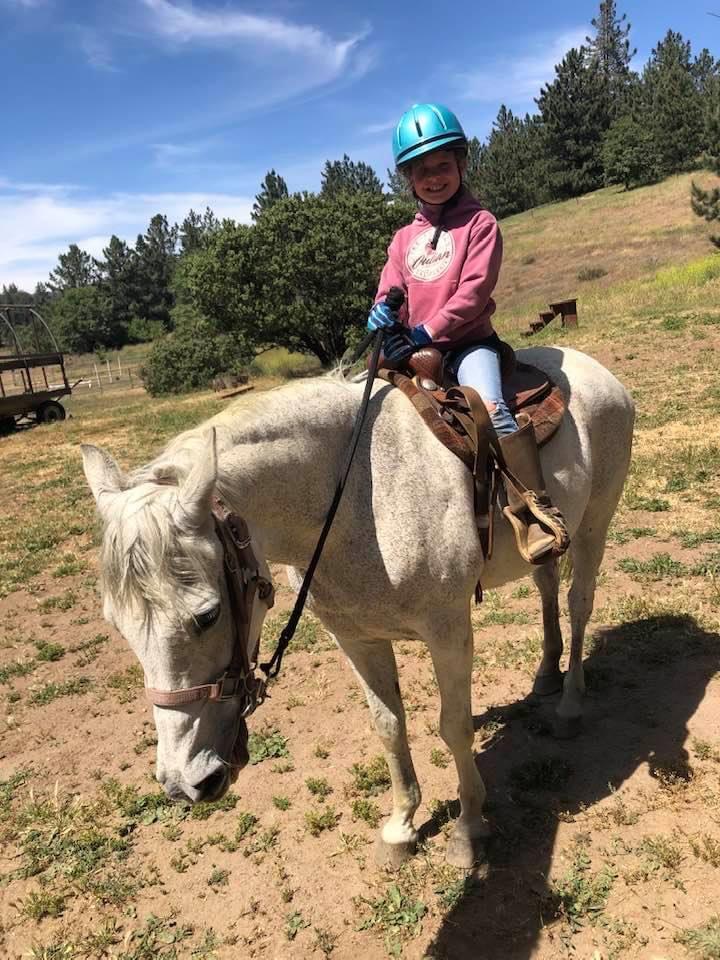
The answer in a nutshell…education and exposure. Getting children out into nature and experiencing it, learning about it, and asking questions are absolutely critical to building their foundation of environmental awareness. Each positive encounter with wildlife and nature will spark more curiosity and last a lifetime. When that child grows up and has a family of their own they can then pass on their knowledge and enthusiasm for generations to come.
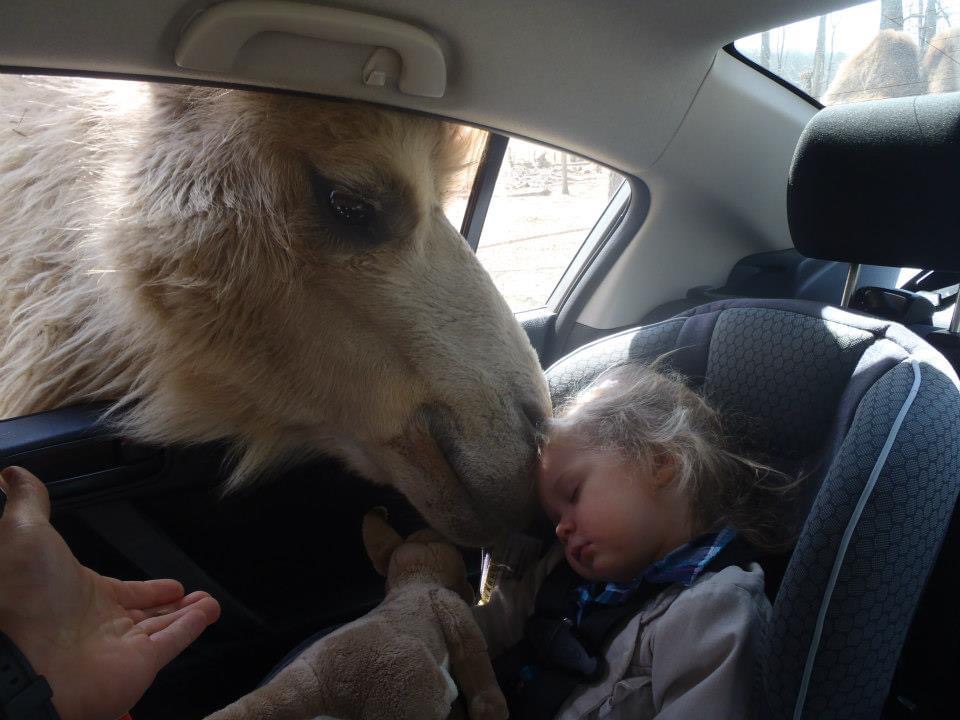
When my first daughter, Sienna, was born, I was absolutely committed to getting her outdoors and experiencing nature. I encouraged her to push her limits and keep getting stronger mentally and physically. Whether it was climbing the Grand Canyon’s south rim to the Colorado River and back, or petting a gray whale the size of a school bus, or mounting and controlling a horse twenty times her own weight. She was acclimated from a young age to be comfortable in very uncomfortable situations and she’s become incredibly resilient because of it. These experiences were a formative part of Sienna’s upbringing and have sparked her lifelong interest in wildlife.
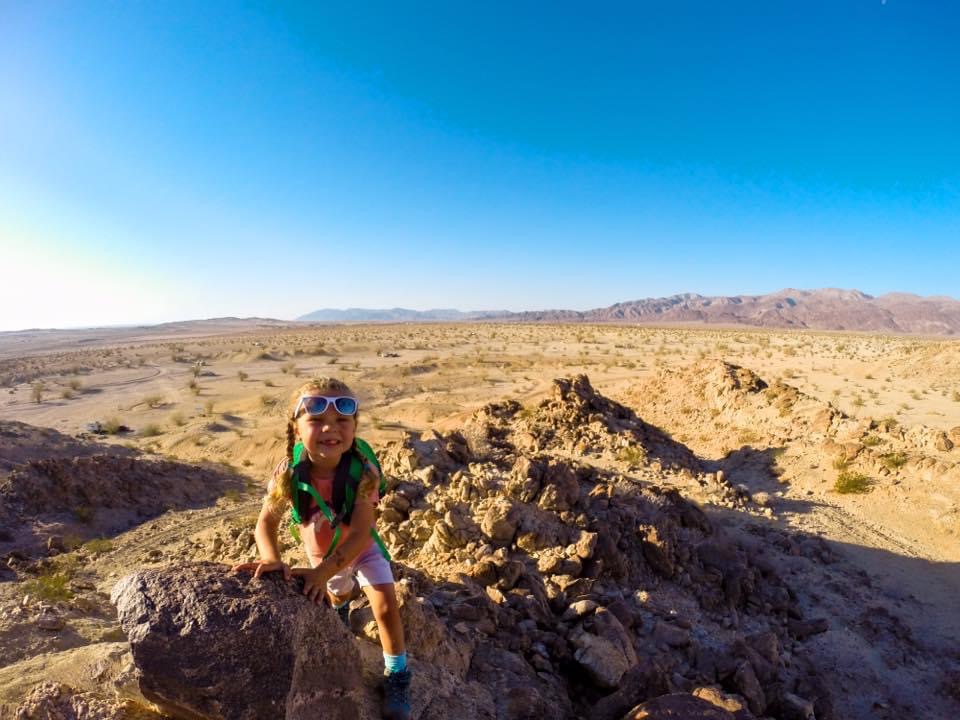
This may not be a traditional approach to raising a child, but for our family it was absolutely necessary. Raising the next generation of environmentalists will shape the future of our world and it should happen as soon as possible.
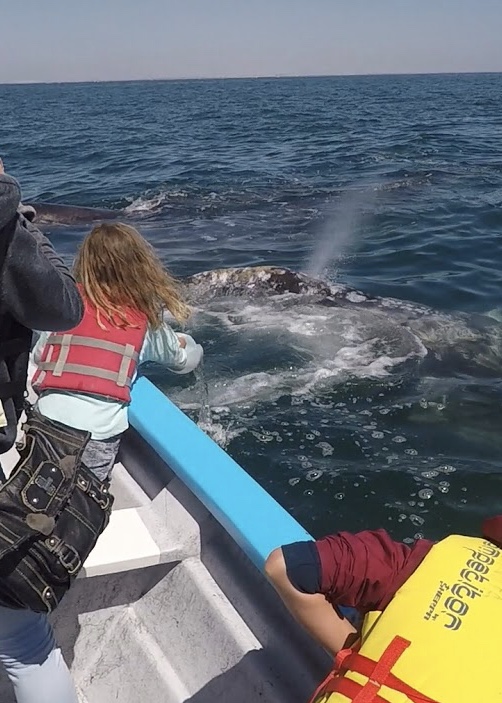
Children are also spending about half as much time outside as they did 20 years ago (Changing Times of American Youth: 1981-2003). This indicates a negative trend in our society that must be reversed if we are to protect our planet for the future. It’s up to all parents to facilitate the connection between children and their environment, beginning from a young age.
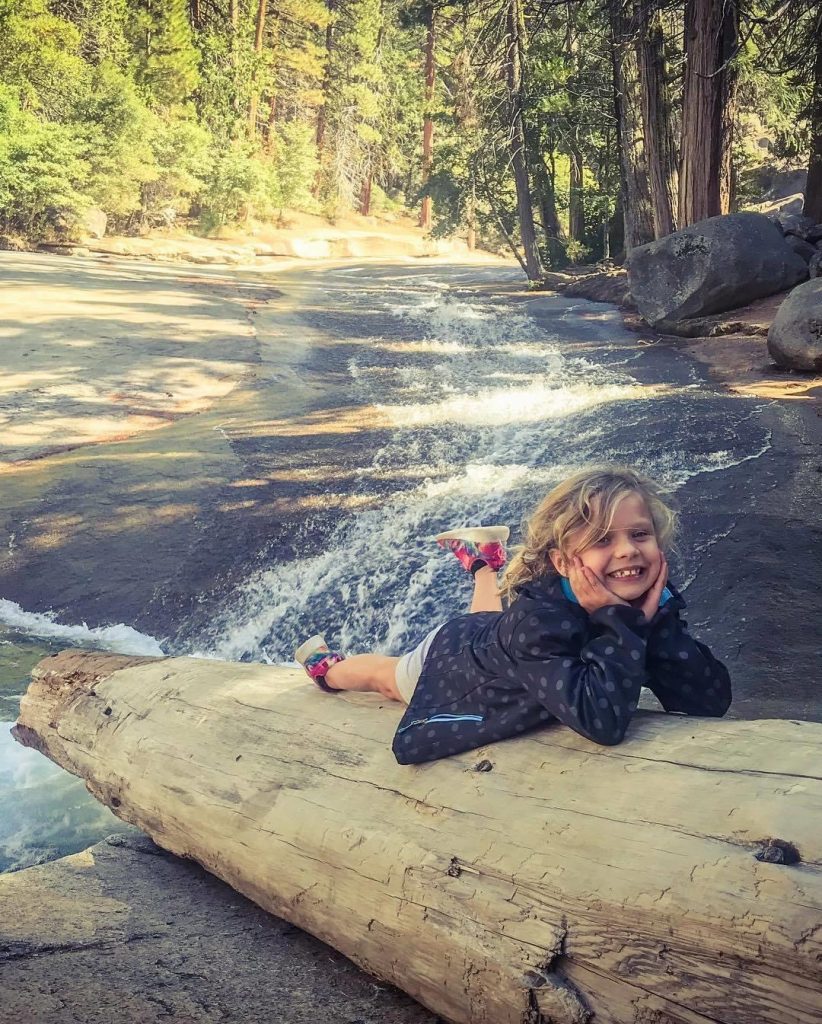
As my stunning wife and I embark on the journey of raising our second child, we couldn’t be happier and more optimistic about their futures. We know that we will continue to connect with nature and wildlife as a family, for the sake of their wellbeing and with the dream of living in a sustainable and thriving world. We hope you do the same.






